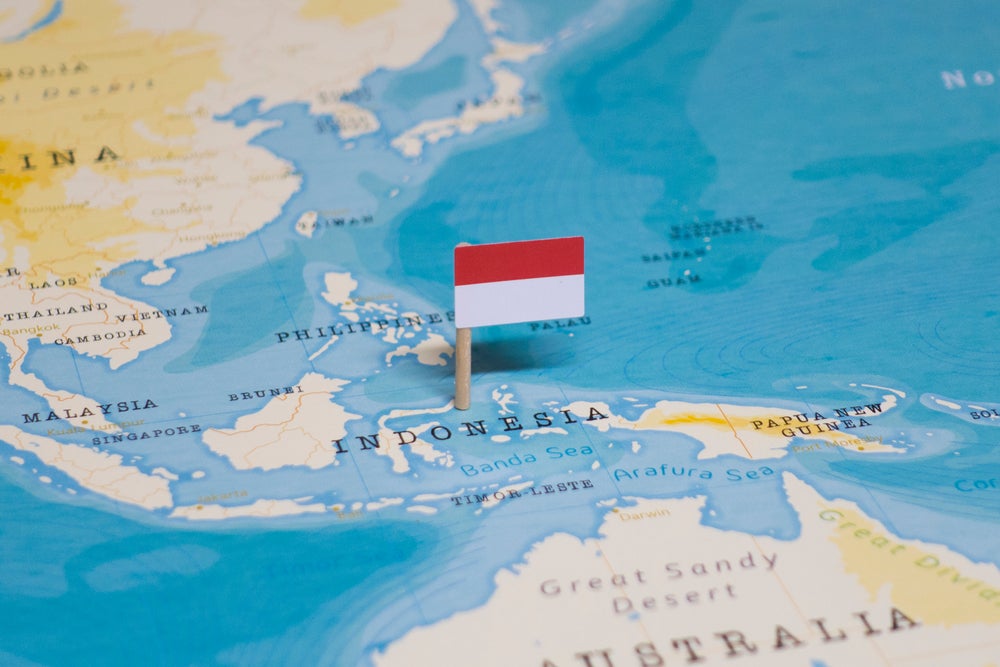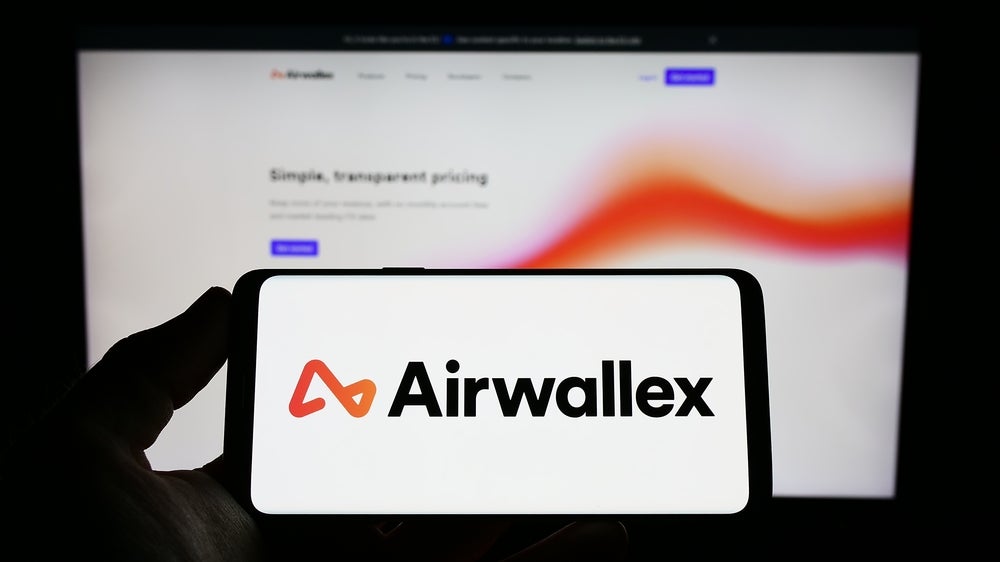
Indonesia’s card payments market is expected to grow by 13.4% to IDR1,093.6 trillion ($71.8bn) in 2024, supported by constant consumer shift towards non-cash payments, reveals GlobalData, a leading data and analytics company.
GlobalData’s Payment Cards Analytics reveals that card payments value in Indonesia registered a healthy compound annual growth rate (CAGR) of 9.7% between 2019 and 2023 to reach $63.3bn in 2023.
Shivani Gupta, Senior Banking and Payments Analyst at GlobalData, comments: “Indonesia has been traditionally a cash-based country, with cash accounting for nearly three-fourths of payment transactions by volume. However, payment cards usage has grown during the past few years, supported by the Indonesian government’s initiatives for financial inclusion, rising consumer awareness of digital payments, and infrastructure development such as the transition to EMV standards contributed to the shift towards card payments.”
Although there has been a rise in electronic payments, majority of the population in the country are still outside the purview of formal banking. The government program named KEJAR program (One Student One Account), which aims to offer 87% of Indonesian students with savings accounts by the end of 2024, is expected to contribute to the overall banked and card penetration in the country, thereby providing an opportunity for the card payments growth.
The number of POS terminals per 1 million inhabitants in Indonesia was 7,264 in 2023
The number of card terminals is lower than many of its regional peers, highlighting significant scope for further development in POS infrastructure. The higher costs involved in POS installation and associated merchant service fees remain the key challenges for the adoption, especially among smaller merchants. To support them, payment providers are now offering cost-effective mobile POS that allows merchants to accept electronic payments using their mobile phone.
Among the card types, debit cards are preferred over credit and charge cards, accounting for 58.9% share of the overall card payment value in 2023. Although debit cards are traditionally preferred for cash withdrawals, they are now increasingly being used for payments as well, especially low-to-medium value transactions. Despite lower penetration, consumers are increasingly using credit cards for payments in Indonesia, primarily due to value-added services such as reward points and discounts offered by banks.
How well do you really know your competitors?
Access the most comprehensive Company Profiles on the market, powered by GlobalData. Save hours of research. Gain competitive edge.

Thank you!
Your download email will arrive shortly
Not ready to buy yet? Download a free sample
We are confident about the unique quality of our Company Profiles. However, we want you to make the most beneficial decision for your business, so we offer a free sample that you can download by submitting the below form
By GlobalDataGupta concludes: “While cash has been a preferred payment tool in Indonesia, improvement in payment infrastructure and rising consumer awareness for electronic payments are expected to push their growth. Subsequently, the card payments value is anticipated to grow at a CAGR of 11.0% between 2024 and 2028 to reach $109.0bn in 2028.”







